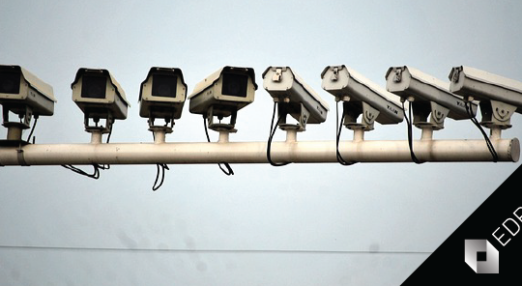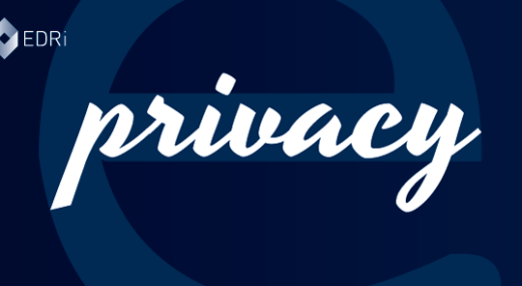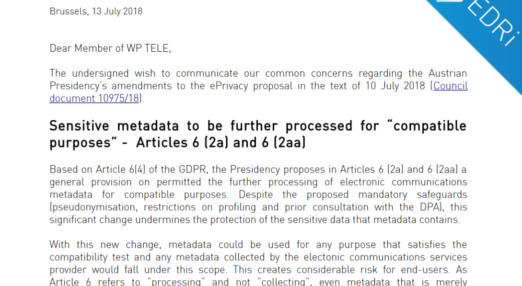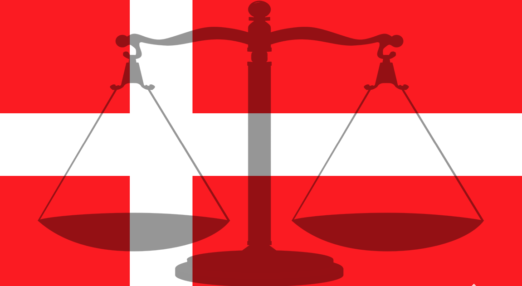Privacy and data protection
Privacy and data protection are essential for us to live, connect, work, create, organise and more. Governments and companies have long used mass surveillance for control trying to legitimise snooping for health, security or other reasons. The near-total digitisation of our lives has made it easier to control, profile and profit from our attention, data, bodies and behaviours in ways that are very difficult for us to understand and challenge. European data protection standards such as the GDPR are a good step forward but we need more to effectively ensure enforcement and protection against unlawful surveillance practices.
Filter resources
-

Independent study reveals the pitfalls of “e-evidence” proposals
The conclusion of the study could not be clearer: “The added value of the new cooperation regime (quick and effective access to provider data) is mainly based on the abolition of cooperation obstacles and procedures ensuring effective protection of fundamental rights.”
Read more
-

Anatomy of an AI system – from the Earth’s crust to our homes
The Internet of Things (IoT) and the numerous devices that surround us and let us get through our daily routine with more convenience are becoming more advanced.
Read more
-

ECtHR gives a half-hearted victory against UK mass surveillance
On 13 September 2018, the European Court of Human Rights (ECtHR) delivered its ruling on the case brought by EDRi members Privacy International, Open Rights Group and other NGOs against the United Kingdom. The Court found several violations of the European Convention on Human Rights in three UK mass surveillance programmes. The Court’s judgment is […]
Read more
-

Five reasons to be concerned about the Council ePrivacy draft
The amendments improve the original proposal by strengthening confidentiality requirements for electronic communication services, and include a ban on tracking walls, legally binding signals for giving or refusing consent to online tracking, and privacy by design requirements for web browsers and apps.
Read more
-

Big Brother Awards 2018 Italy
The 2018 Italian edition of the Big Brother Awards was held in Bologna on 8 June 2018, with the support of a grant from the European Digital Rights Fund. The award ceremony took place during the 23rd edition of the E-privacy conference.
Read more
-

How the online tracking industry “informs” policy makers
Following the entry into force of the General Data Protection Regulation (GDPR), the online advertising industry’s lobbying efforts moved to undermining the ePrivacy Regulation proposal.
Read more
-

US companies to implement better privacy for website browsing
Important changes are underway for web users, as browser manufacturers are set to put domain name system (DNS) look ups in the hands of more predictable, trusted and transparent sources.
Read more
-

EU Council considers undermining ePrivacy
On 19 October 2017, the European Parliament’s LIBE Committee adopted its report on the ePrivacy Regulation.
Read more
-

Smart Borders: the challenges remain a year after its adoption
After the initial rejection of the Smart Borders package in 2013, the European Parliament voted again on 25 October 2017 to finally adopt it, including the Entry/Exit System (EES) and amendments to integrate it into the Schengen Borders Code.
Read more
-

New Protocol on cybercrime: a recipe for human rights abuse?
From 11 to 13 July 2018, the Electronic Frontier Foundation (EFF) and European Digital Rights (EDRi) took part in the Octopus Conference 2018 at the Council of Europe together with Access Now to present the views of a global coalition of civil society groups on the negotiations of more than 60 countries on access to […]
Read more
-

Civil society calls for the protection of privacy in ePrivacy
On the 13th of July, EDRi, together with Privacy International, IT-Politisk Forening and Access Now sent a letter to the TELE Working Party of the EU Council regarding the dangers for privacy protections associated with the latest proposals brought forward by the Austrian Council Presidency. The letter comments the developments and argues that such changes […]
Read more
-

Danish High Court ruling on data retention use and file sharing cases
On 7 May 2018, the Eastern High Court in Denmark delivered a ruling that internet service providers (ISPs) are not required to disclose subscriber information in file sharing cases.
Read more
